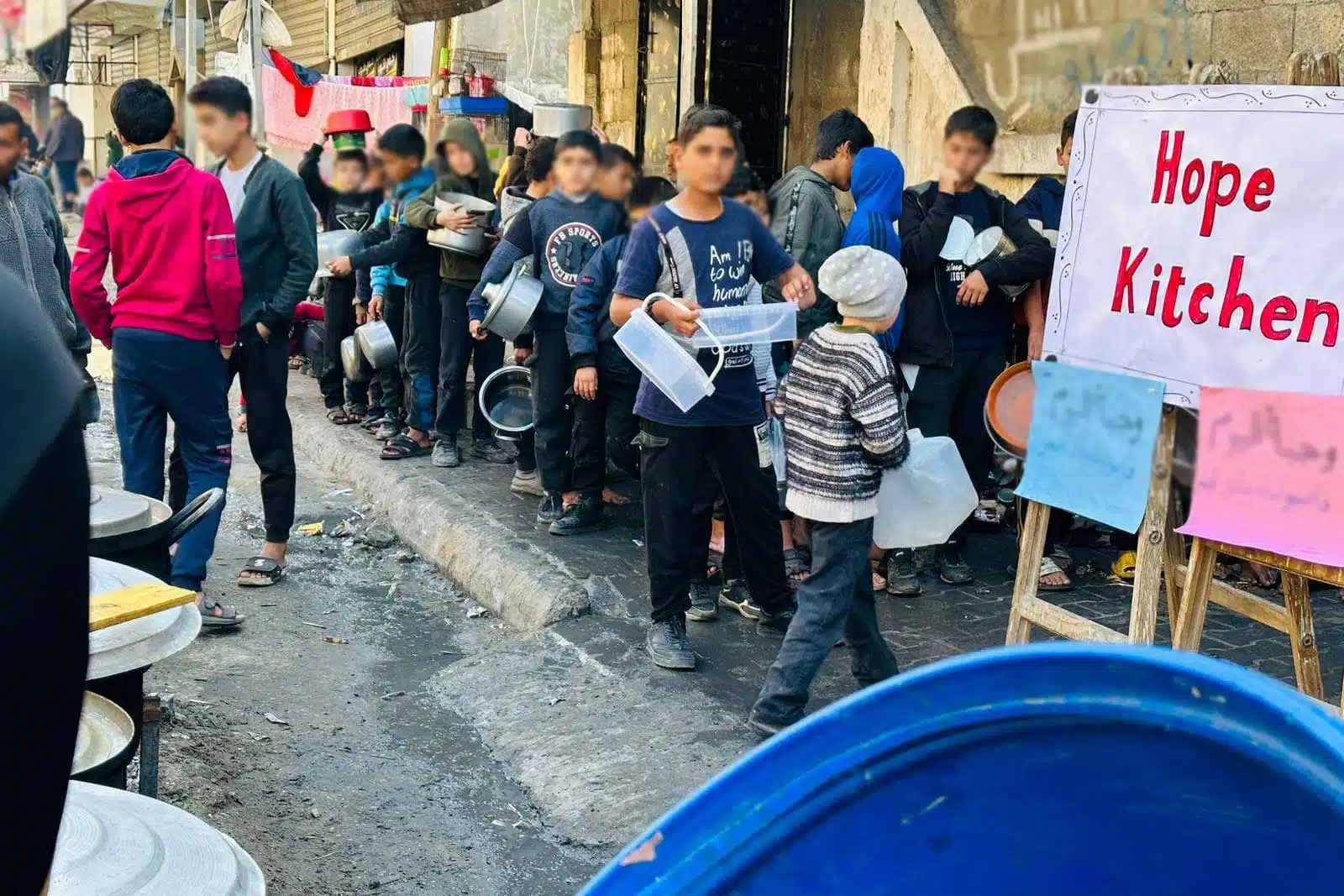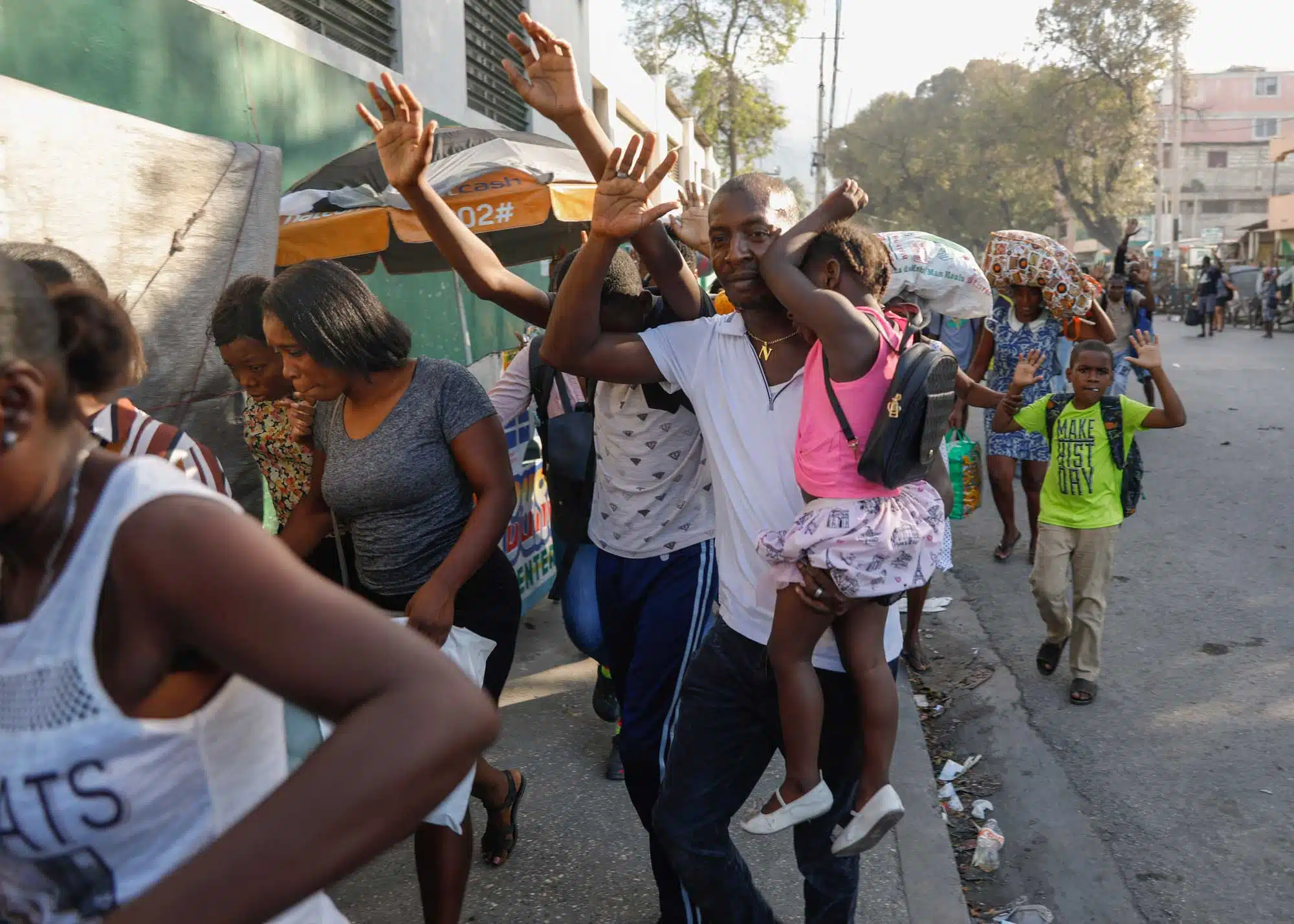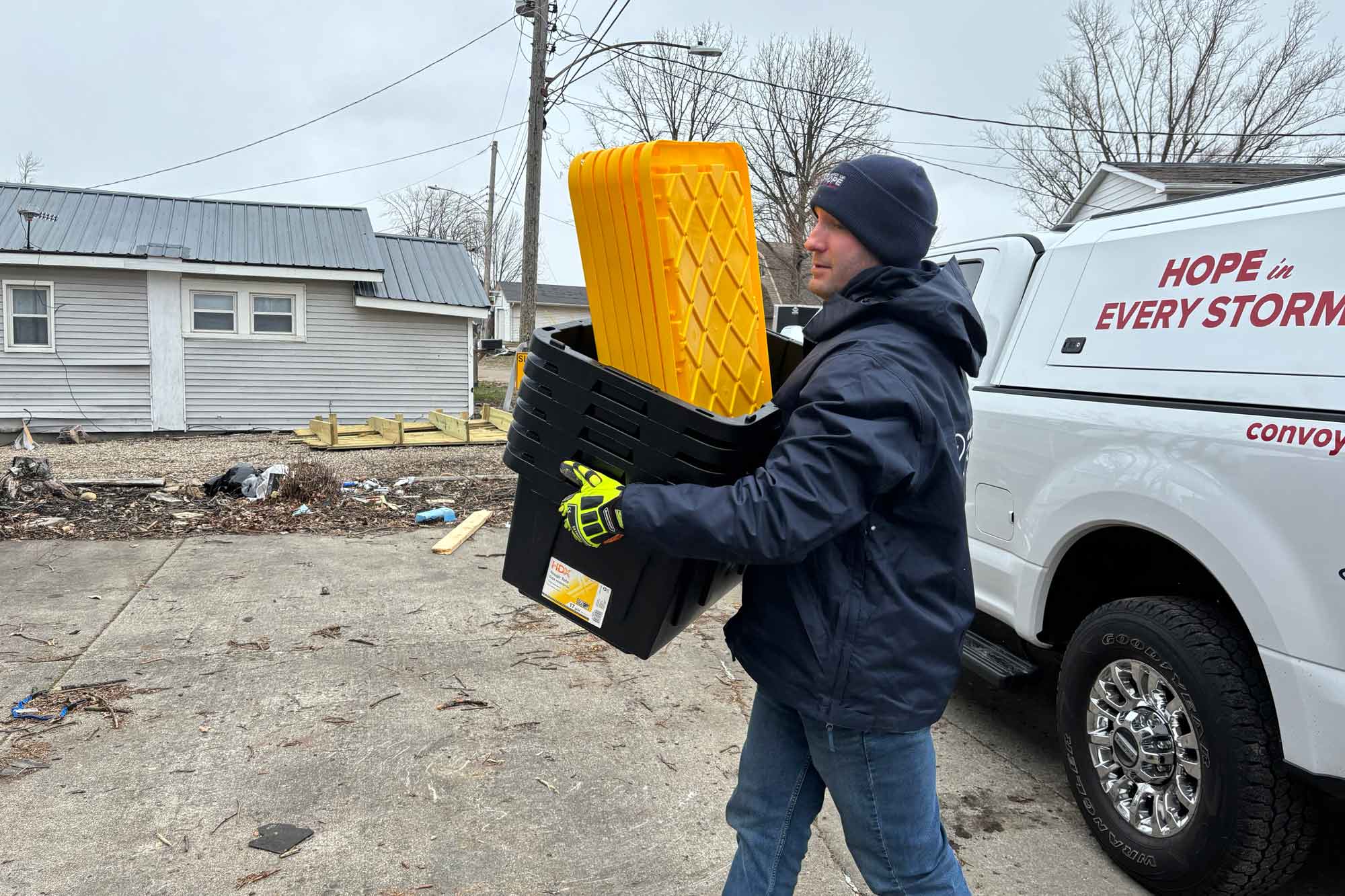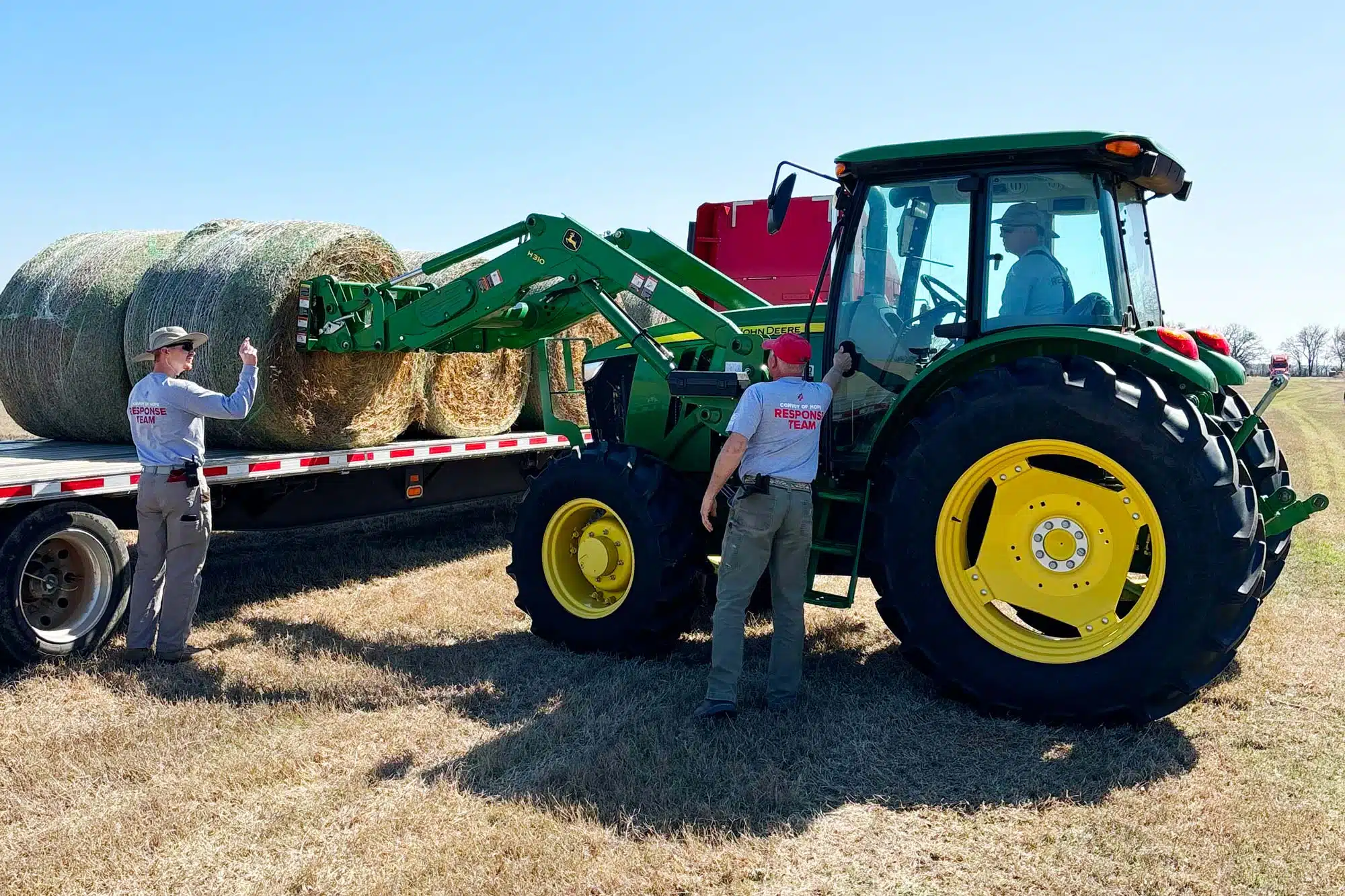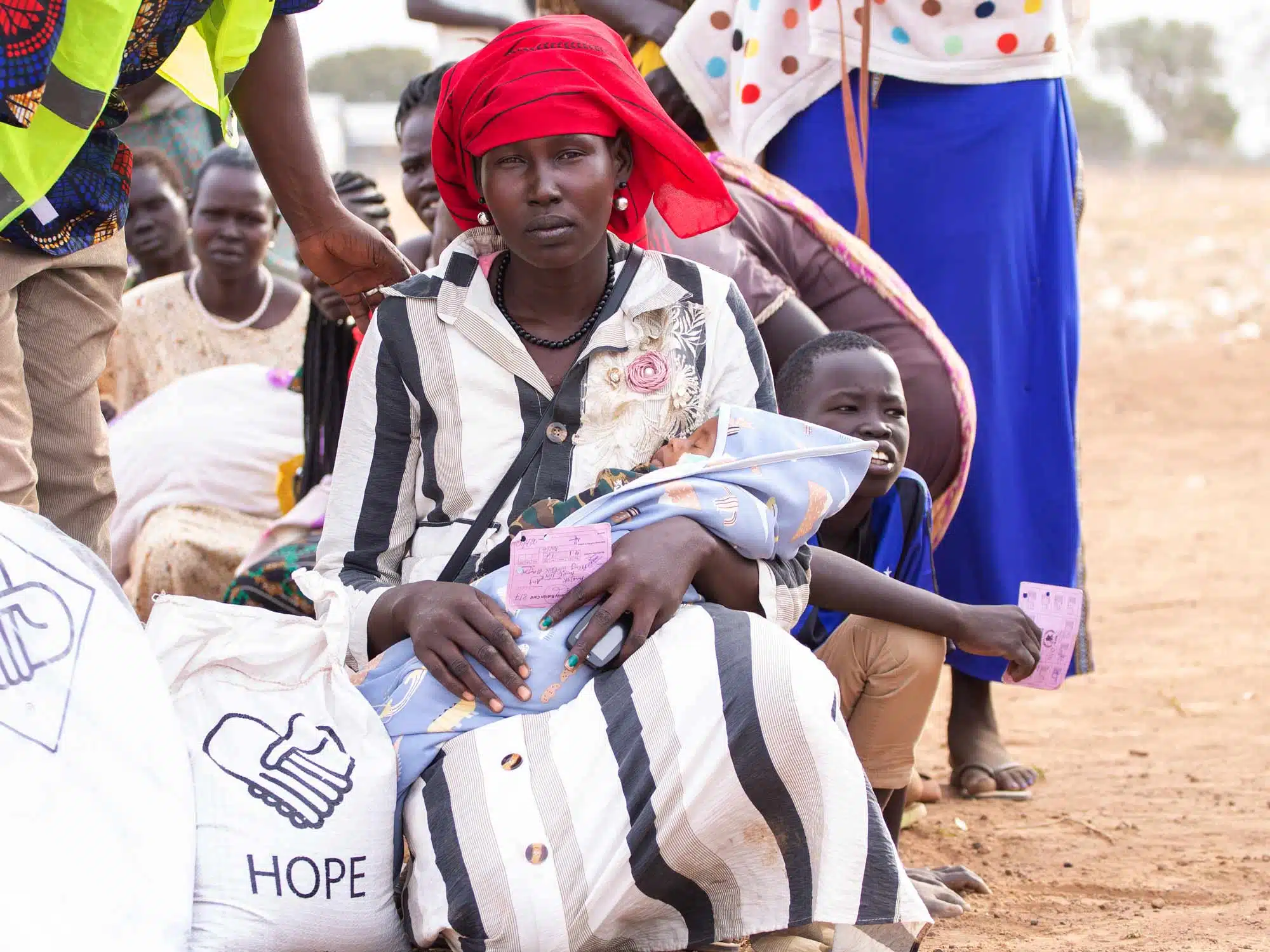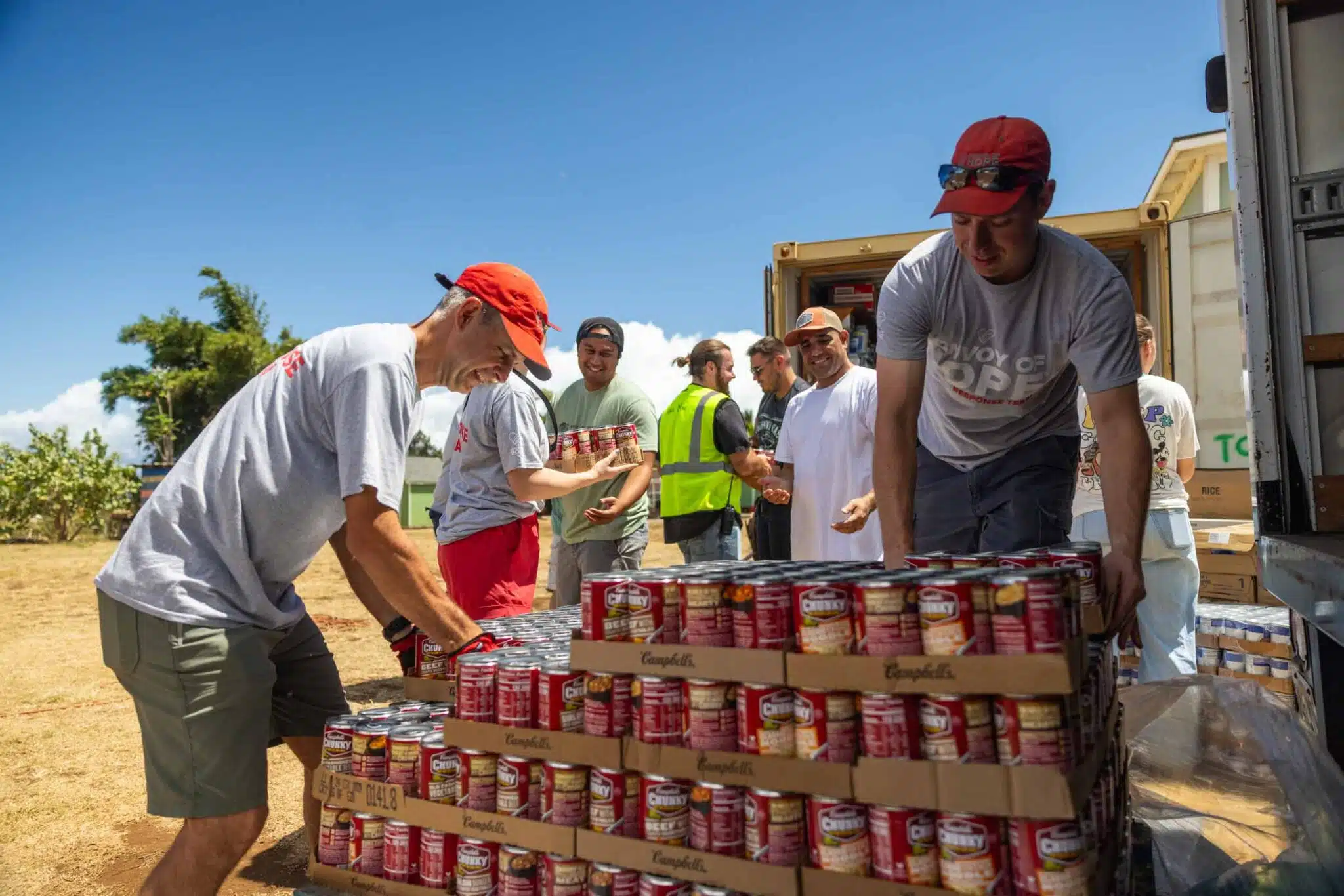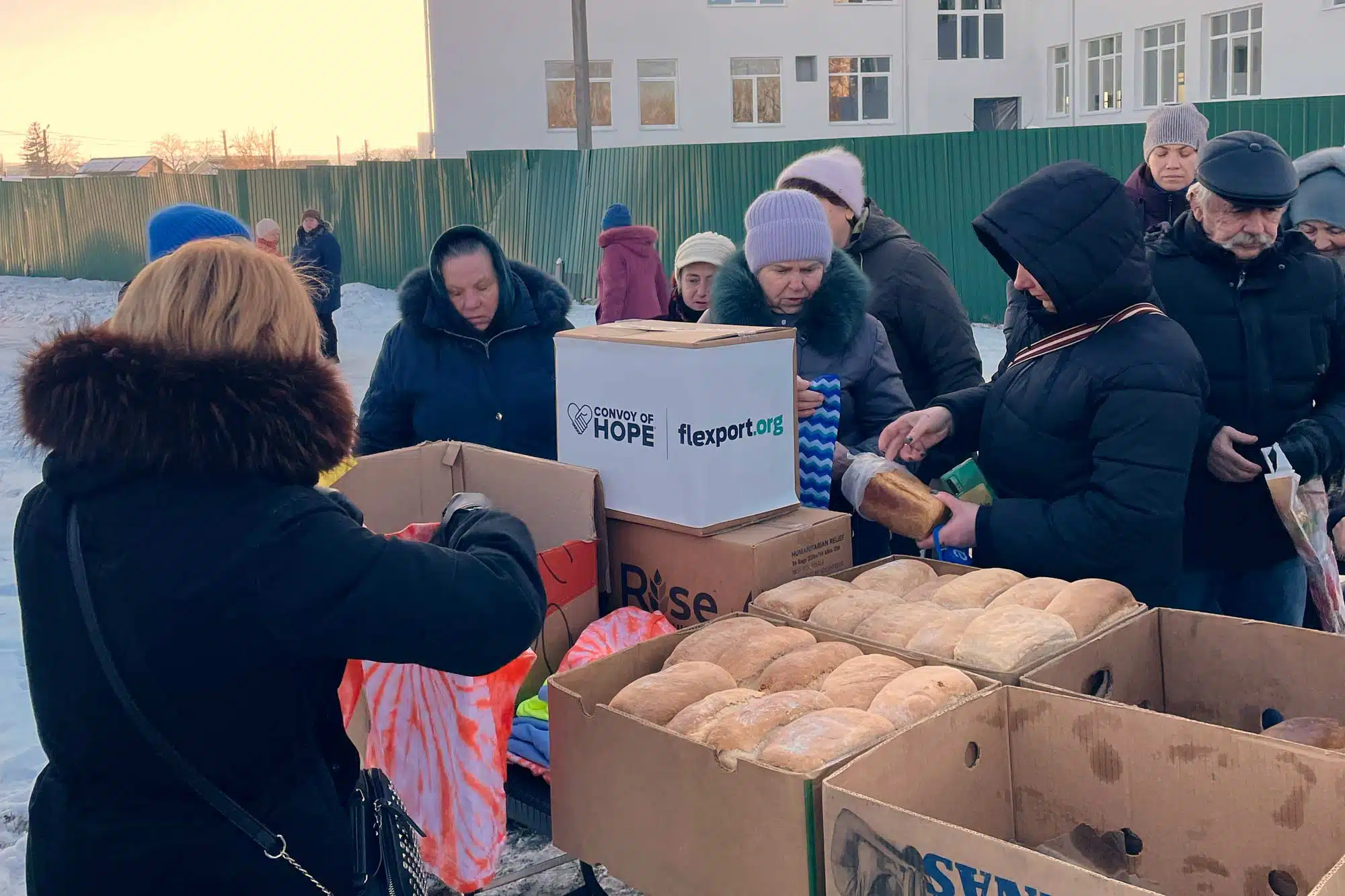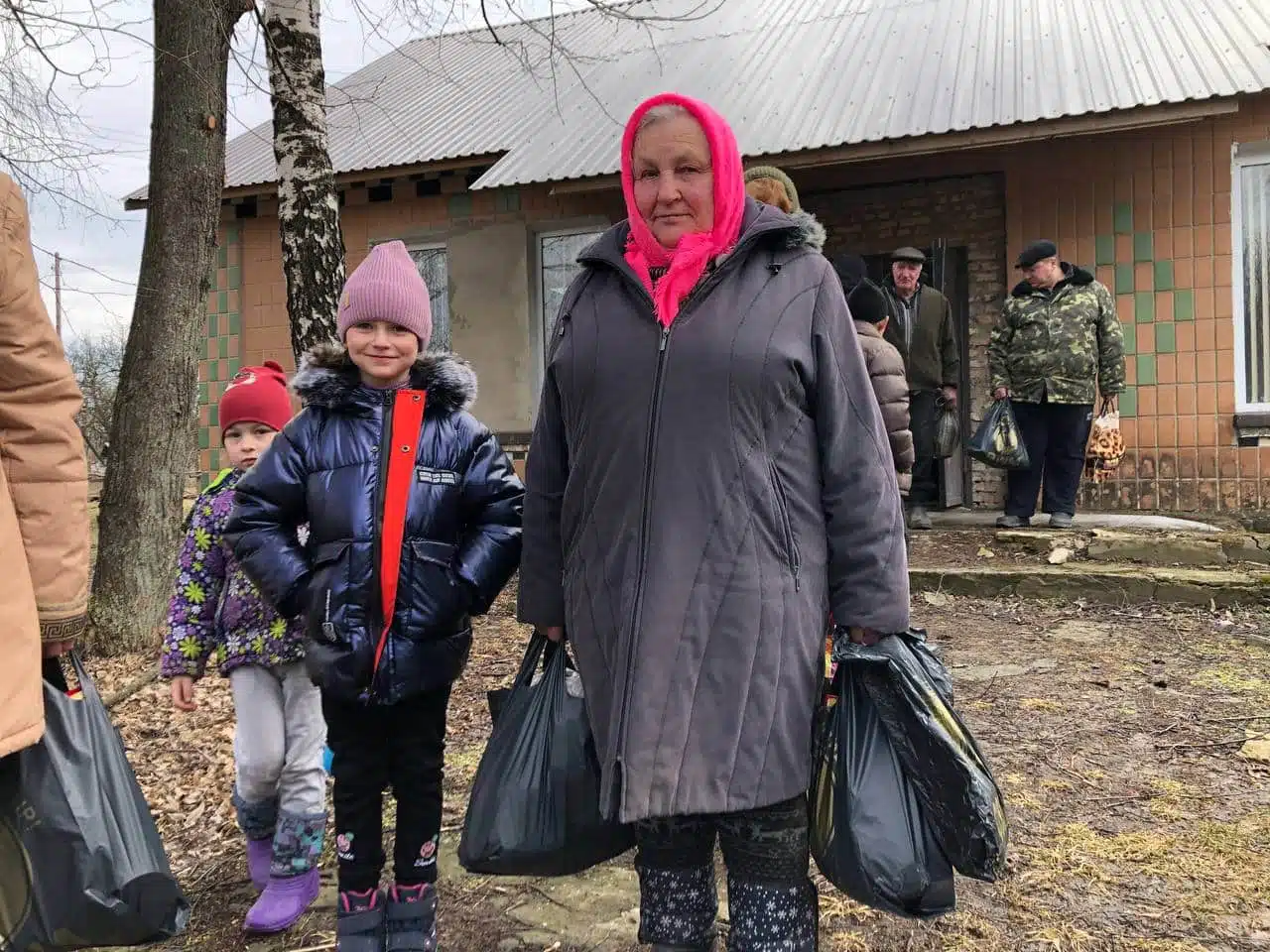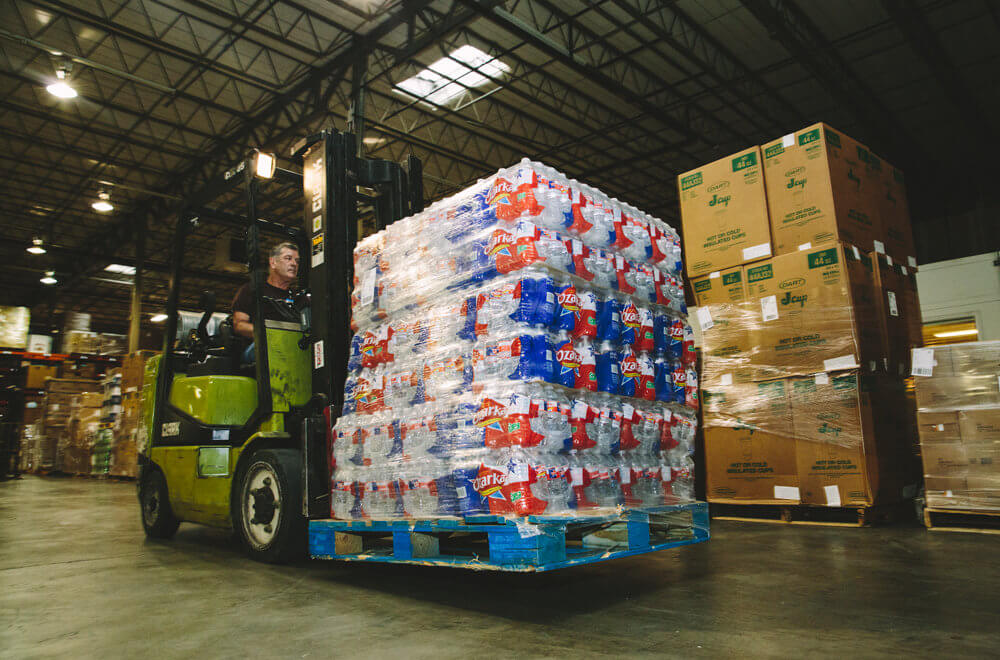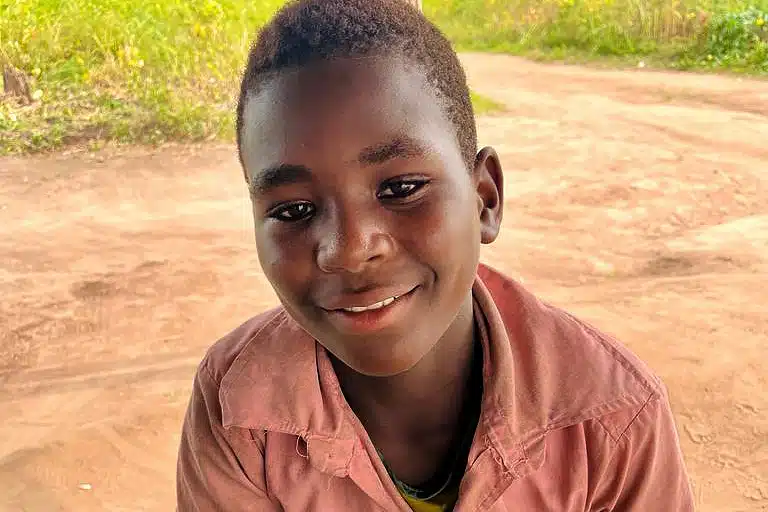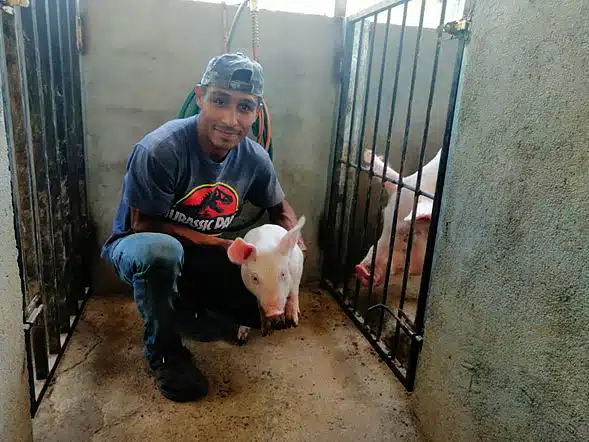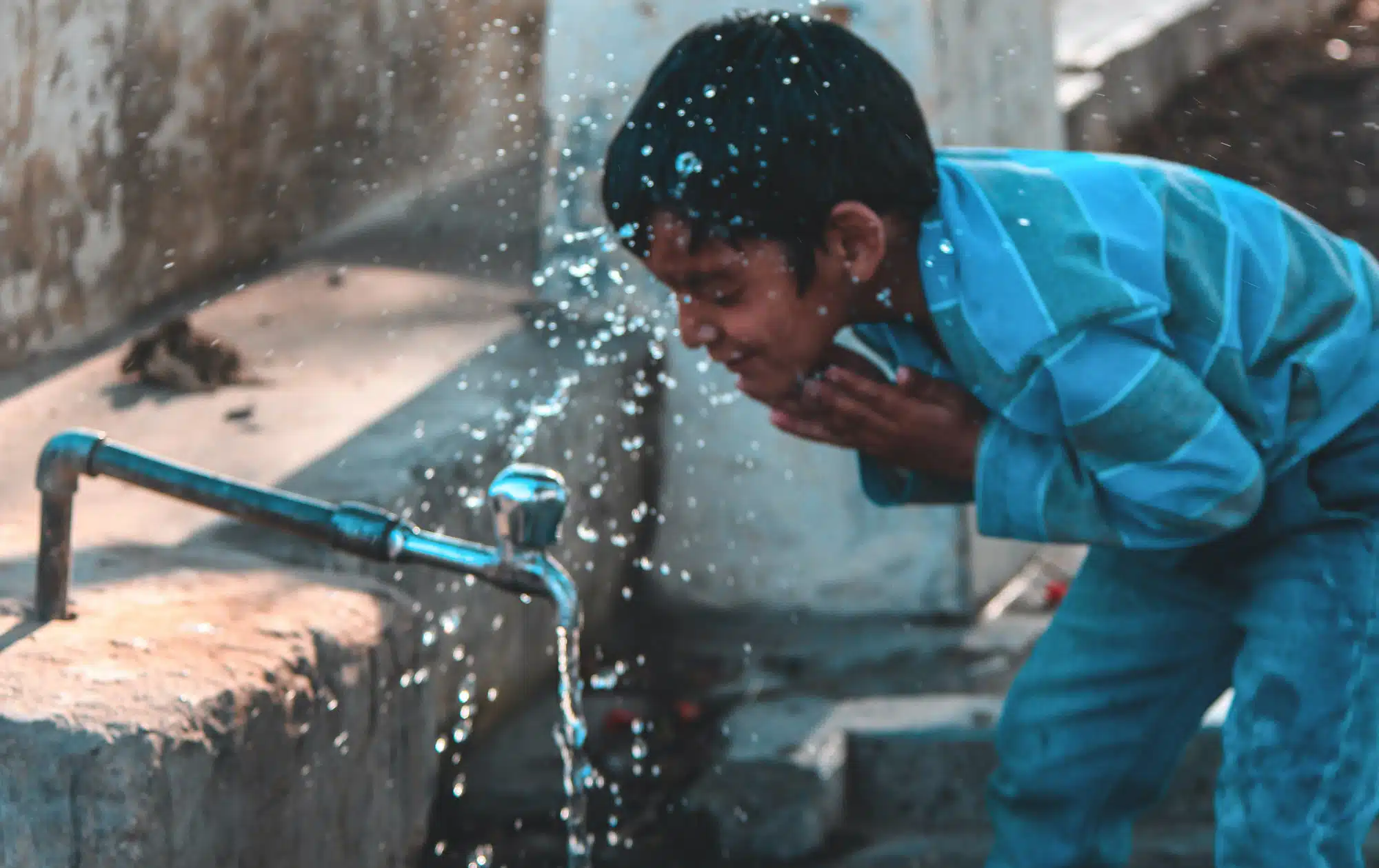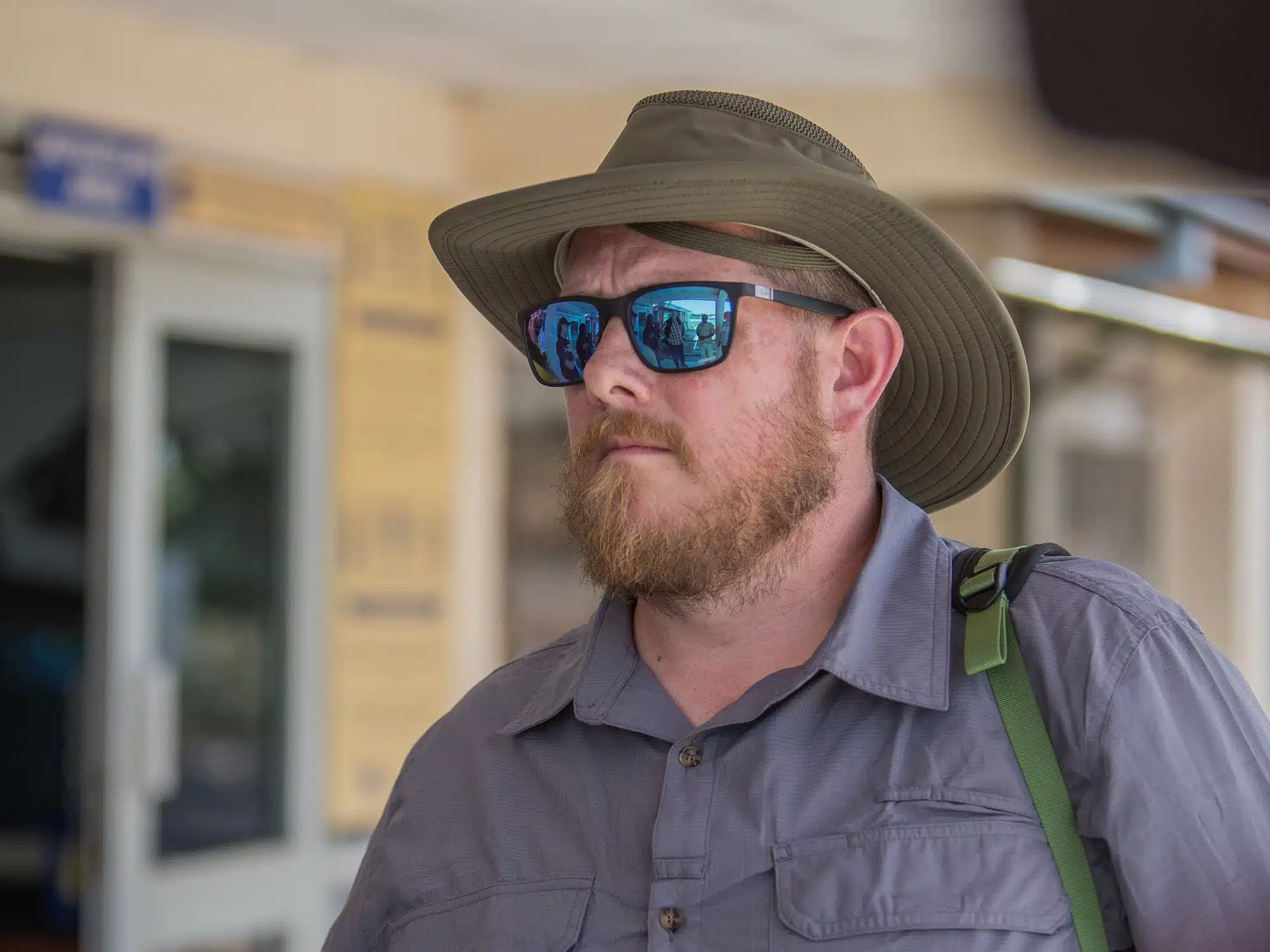
Born and raised in East Africa, Jason McClaflin and his family dedicated years to service on the continent of Africa. In addition, he and his wife, Hollie, spent 12 years in the Middle East working with nonprofits and churches. A graduate of Harvard University, Jason now serves Convoy of Hope as vice president of Global Program.
HQ: How did growing up in Africa shape you?
Jason: I value the power of community because of my time in Africa. I learned a lot about sacrifice from observing sacrifice, knowing people who had nothing and yet were willing to give even what they had for the sake of others. And, because I was raised in a society where elders and experience are respected, I deeply respect the elder community.
HQ: Having worked in Africa and the Middle East, what are some common needs across both regions? How do needs like personal dignity and hope for the future cross borders?
Jason: The need for hope is ubiquitous, not just to survive a certain situation or circumstance but to have hope for the future, your family, and your children. The absence of hope erodes humanity. Some of the most inhumane actions and reactions I’ve witnessed have been when people were deprived of hope.
Personal dignity is always important, but cultural forces can rob someone of dignity. That’s reflected in how the poor and certain groups are treated in many places.
You have to break through that mindset. People who once devalued certain groups can become sources of great compassion for those groups. And breakthroughs can come in the other direction. I’ve worked among people who have been brutalized, and yet they treat with love and compassion those who have brutalized them.
HQ: What misconceptions can keep people from responding to Africa’s need?
Jason: We can fail to realize life doesn’t work the same way as where we are. I was recently in an extreme famine area, and someone in our group asked, “Why do people even stay here?” But where are they going to go? Can they walk 300 miles? Can they suddenly leave their society that’s been living there for 400 years? Our mobility and opportunities can blind us to economic, cultural, and ideological barriers people face.
HQ: Madagascar is one of Convoy’s newer regions of service. What are the goals?
Jason: We have an amazing national director in Madagascar with lots of vision, and we have a great partnership with national churches. We’re establishing a presence in and around the capital. Other areas, because of challenging geography, are virtually cut off. The poverty in those places is even more extreme, with rampant malnutrition among children. We are pursuing an intense asset-based community development project that will include feeding, agriculture, and Women’s Empowerment, and we’re focusing on malnutrition issues.
HQ: How would you describe Convoy’s impact on other African countries?
Jason: Convoy’s strong partnerships with local nongovernmental organizations and local churches lead to deep relationships in communities. Local leaders are begging us to come and are giving us land for community gardens or school gardens. Doors are opening because we’re viewed as people who stay when things get tough and who do good work without showing partiality. One of the strongest aspects of our work in Africa is that we help communities build resilient systems from what they have.
This is a testament to the ability and determination of our local Convoy staff and partners.
HQ: Africa’s hunger crisis seems insurmountable. How can we move from hopelessness to intentional intervention?
Jason: The thought of feeding millions of people can be overwhelming. But as you systematically feed a few hundred — while creating community development to sustain that program — that can grow rapidly. Convoy looks to the future and recognizes the cycle of poverty will never end if we don’t do something. In a desolate and hopeless place, once you’ve seen hope, it can grow and transfer to others. Supplying the physical need and transferring real hope is Convoy of Hope’s goal.
In the midst of extreme drought, hunger, and desperation, we can fixate on the need and overlook the resiliency and ingenuity of Africans. They’re looking for partners. One of Africa’s greatest assets is the resiliency and ingenuity of its people.
